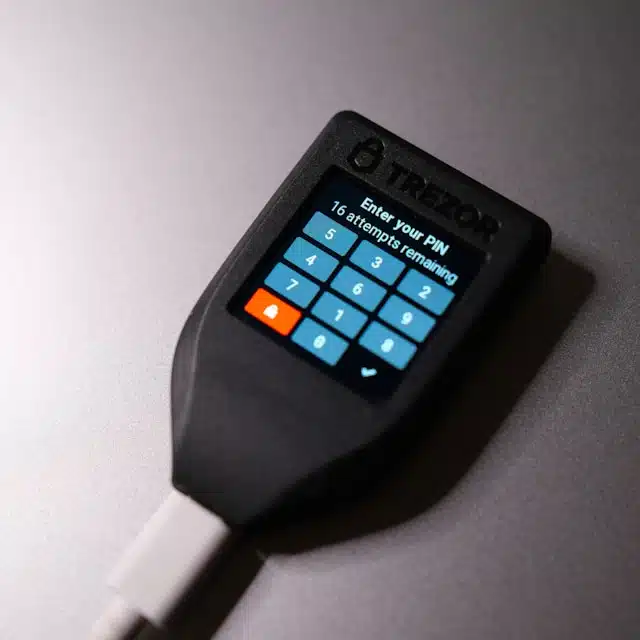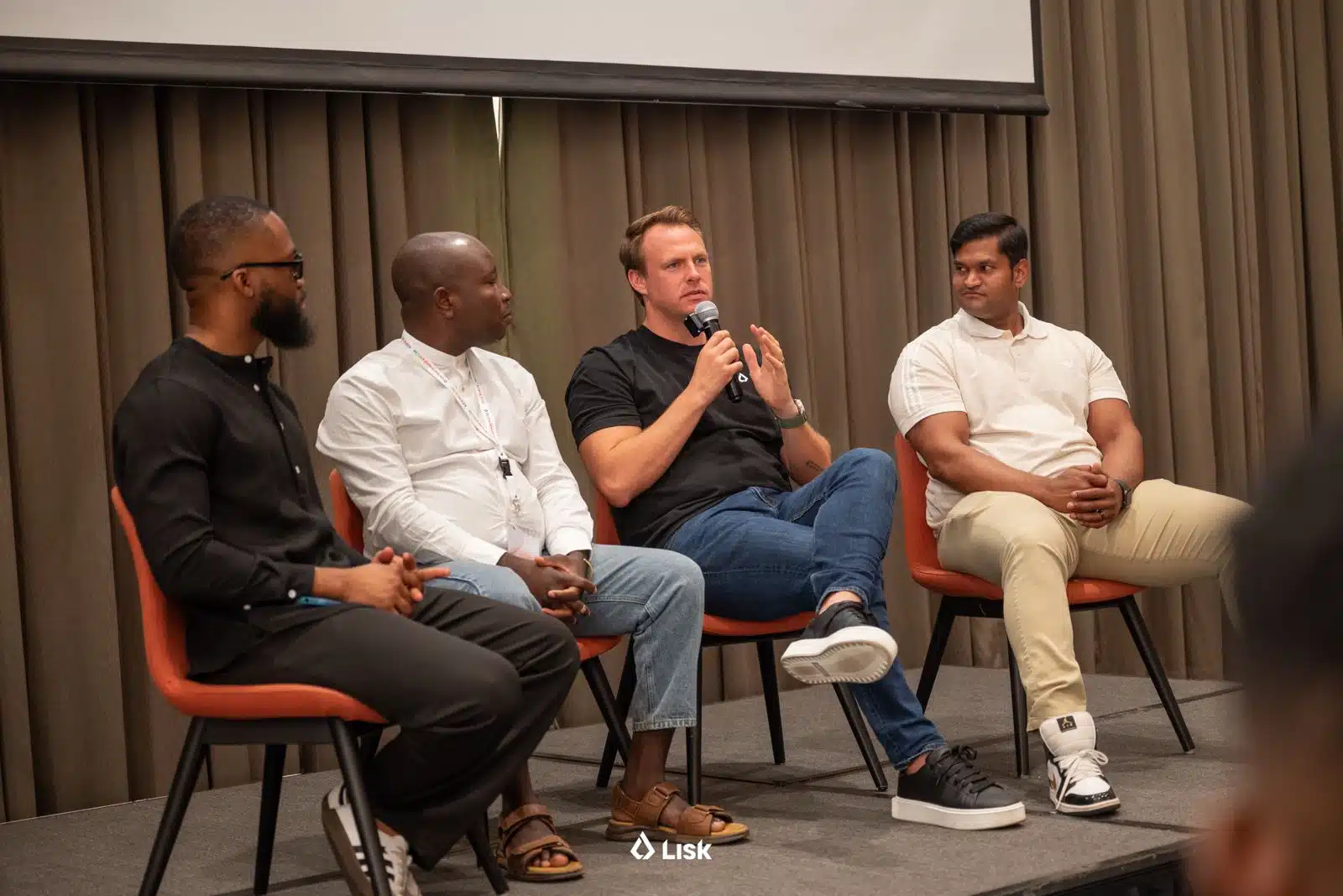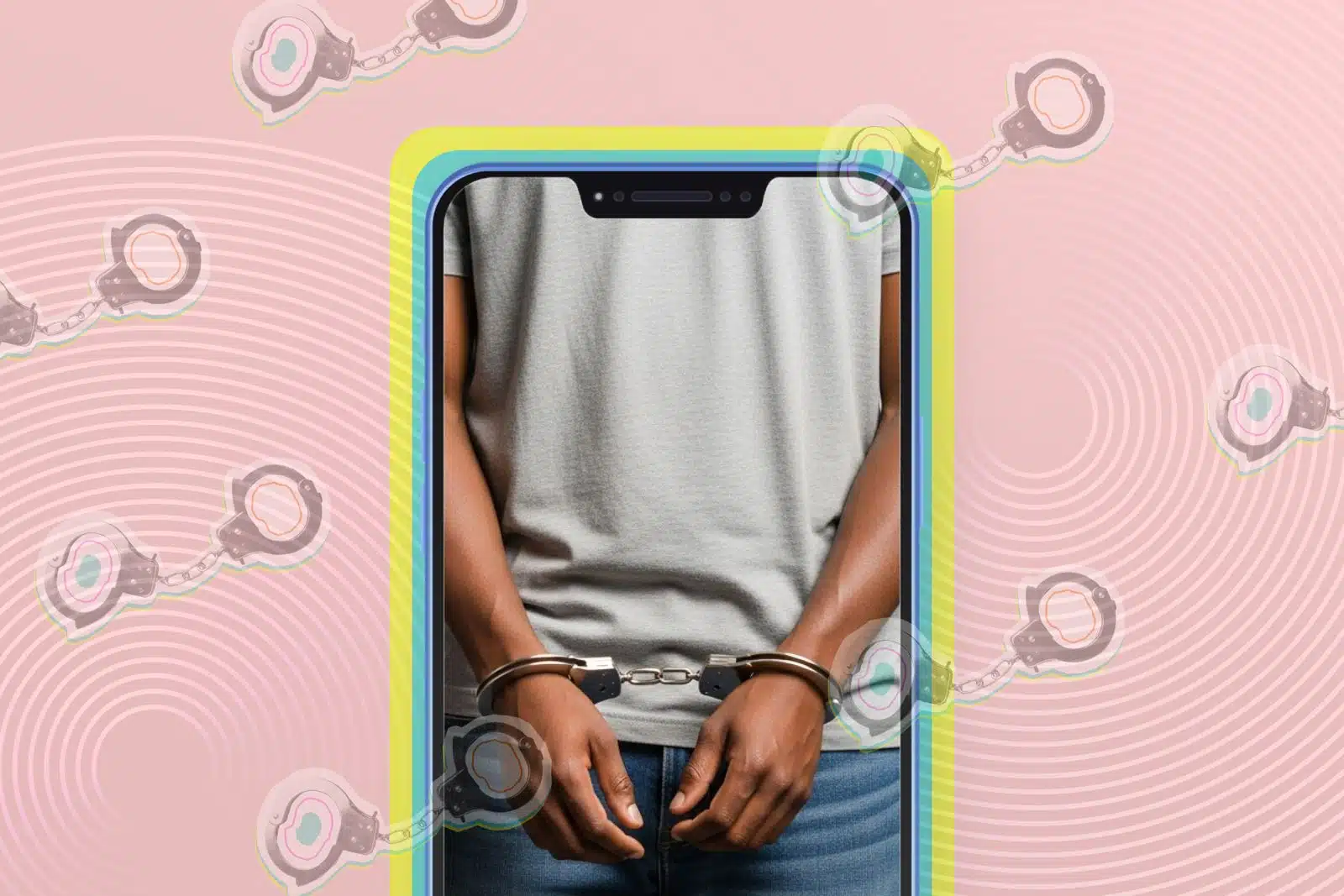The Federal Bureau of Investigation (FBI) issued a public service announcement last week, warning about duplicitous crypto law firms that offer fake blockchain recovery services and use this pretext to steal customer funds and personal data.
The announcement published on the official government website highlighted the modus operandi of these bad actors and their target audience, mostly victims of crypto hacks trying to recover their stolen assets.
According to the apex law enforcement agency, scammers employ a range of tactics to exploit victims, including taking advantage of their desperation to recover funds from previous hacks and providing victims with a sense of safety by impersonating or falsely affiliating themselves with government entities.
Unsuspecting victims often end up at the losing end of the process, exacerbating the situation and causing reputational harm to government entities or crypto lawyers being impersonated.
“Blockchain tracing and crypto recovery is a delicate, evidence-driven process that requires professionalism, certification, and collaboration with law enforcement,” Chioma Onyekelu, Blockchain Investigator and Crypto Forensics Specialist at A&D Forensics, told Techpoint Africa.
“There are no shortcuts — and definitely no ‘guaranteed recoveries,” she explained
Onyekelu noted that the African crypto space is home to very few firms specialising in crypto investigations, and the continent remains primarily in uncharted territory when it comes to blockchain recovery.
The Carnegie Institute reports that Africa loses approximately $4 billion annually to cybercrimes, roughly 10% of its GDP. The FBI’s alarm resonates with the African space, given its high propensity for cybercrimes and an evolving cryptocurrency landscape.
The African user and the risk involved
The number of cryptocurrency users in Africa is projected to reach 53.89 million this year, with a user penetration rate of approximately 4.05%.

Victoria Fakiya – Senior Writer
Techpoint Digest
Stop struggling to find your tech career path
Discover in-demand tech skills and build a standout portfolio in this FREE 5-day email course
Accordingly, sub-Saharan Africa received an estimated $125 billion in on-chain cryptocurrency value between July 2023 and June 2024, a $7.5 billion increase from the previous year.
This figure represents 2.7% of the global cryptocurrency economy’s transaction volume, announcing Africa as a growing force in the world’s cryptocurrency ecosystem.
The ever-increasing adoption of cryptocurrency presents a growing challenge to customer fund security, exacerbated by inadequate infrastructure and a premature regulatory framework that stifles innovation.
The named challenges put crypto users on the continent in a complex situation with no assured safety nets and a still-evolving security infrastructure ecosystem.
“At A&D Forensics, we built the first-ever crypto tracing lab in Africa,” Onyekelu said, highlighting the rudimentary level of blockchain investigation and recovery services on the continent.
The challenge for the average African user remains in ensuring that their funds are not hacked and successfully recovering them in case the worst happens.
Finding the right service
In the case of a crypto hack and loss of funds, you are often tasked with taking the proper steps needed to recover your stolen funds. This usually involves notifying law enforcement or hiring the services of a blockchain investigator and forensics expert.
The key to the process lies in knowing who to ring up or the right firm to engage.
“Blockchain lawyers are neither sleuths nor recovery experts. They are not trained to investigate or recover stolen assets. The primary reason why victims of a cryptocurrency scam should contact a blockchain lawyer is to seek legal advice regarding their situation.” Olayimika Oyebanji, Interim COO at Arcus and CEO at Blocklaw Consulting, told Techpoint Africa
He explained the disconnect between crypto hack victims seeking crypto lawyers over hiring a crypto forensics expert.
“Your lawyers can present your case to law enforcement agencies. If there is a good chance of recovering stolen assets, they can serve as a vital link between the victims and Centralised Exchanges (CEXs), especially when a court order is required.” Oyebanji added.
Finding the right blockchain recovery service involves conducting thorough due diligence on prospective firms and understanding the category of experts best suited for the project.
A foolproof checklist
Now that you have identified the right kind of firm or team of experts to engage in your quest to recover your stolen funds. The next step is to scrutinise your available options, ensuring you back a legitimate blockchain forensics firm and avoid being fooled again.
Legitimate firms stand out through certifications, transparent processes, and proper engagement contracts — look for these signs.
“When victims approach us, we evaluate the case with blockchain analytics tools, explain the entire process step-by-step, and only proceed after signing a formal engagement contract,” Onyekelu explained.
Her insight outlines what the work process in a certified Blockchain forensics firm would look like, following the industry’s best practices.
Explaining further, Onyekelu shared a practical checklist with Techpoint Africa for evaluating prospective firms for blockchain investigation and recovery projects.
Verify certifications: Ensure the investigator holds recognised certifications (e.g., CCI, CRC, etc) and has formal training in blockchain forensics.
Check accreditation: Work with accredited firms that have a history of collaborating with regulators, exchanges, or law enforcement.
Understand the process: Recovery is never instant. Tracing comes first; recovery can only happen with legal and institutional support.
Protect your data: Never share private keys, seed phrases, or passwords. A professional will never ask.
Engagement contract: Insist on a formal agreement outlining scope (investigation, reporting, law enforcement liaison, expert witness, etc.).
Transparent payments: Avoid firms demanding full upfront payment with no deliverables
Red flags
Aside from the checklist above, there are other indicators that a potentially fraudulent organisation may be posing as a legitimate venture. It is crucial to be vigilant for red flags when vetting firms for your project.
Common red flags include requests for private credentials, promises of a 100% guaranteed recovery, and a lack of verified professional presence. Avoid engaging such firms.
Recovering your stolen assets can be a straightforward and effective process by following the steps and key points outlined in this article.
“Blockchain forensics is about evidence, not empty promises,” Onyekelu explained. “Before trusting anyone with sensitive crypto investigations, demand proof of certification, institutional credibility, and transparent methodology.”











